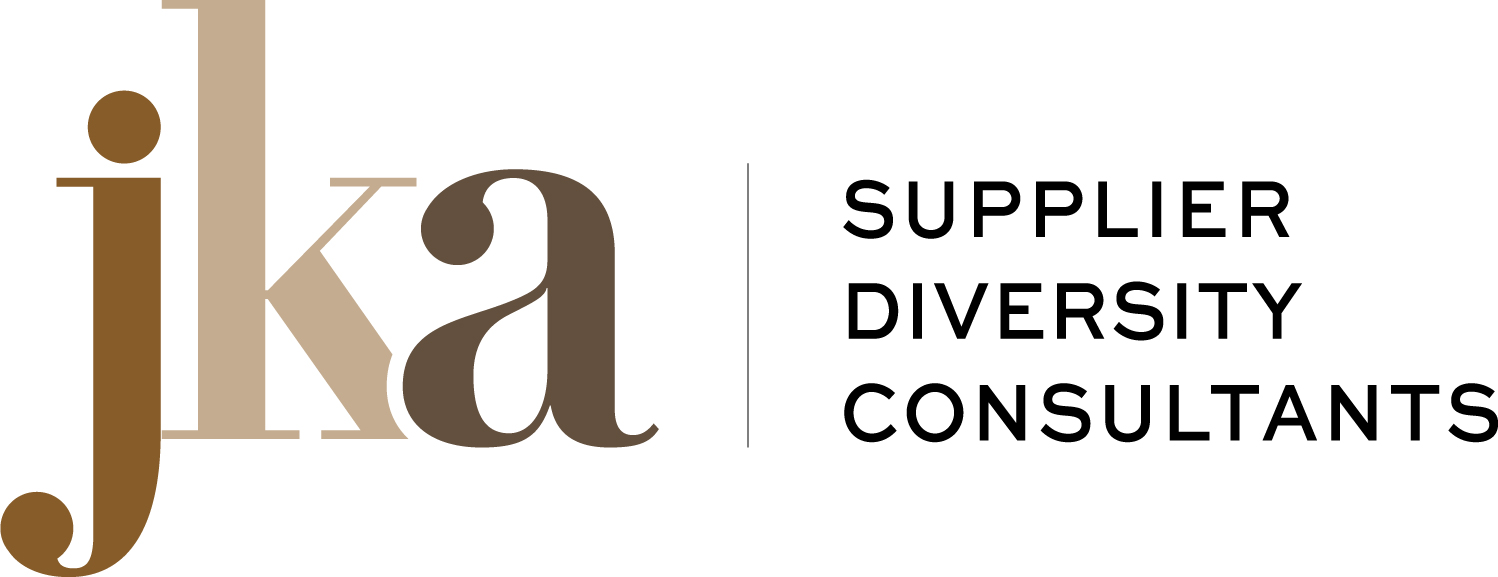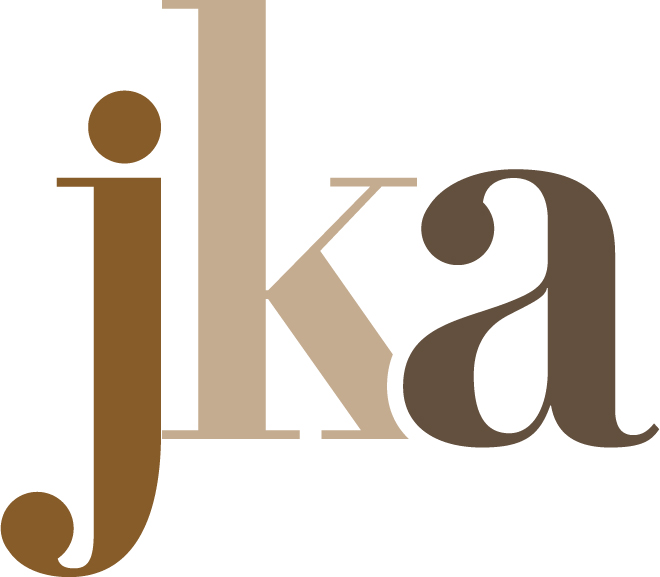We are seeing an greater number of opportunities for small, minority and women owned security guard firms to do business with the government. The opportunities are in the form of MWBE participation goals and small business set asides, yet many companies are continuing to struggle with responding to RFPs. Here are a few quick tips to help you move forward:
- GO/NO Process: the go/no process begins with setting sales goals for your business. In doing so, you should consider the type of contract that is a good fit for your company that includes size, scope, location, licenses and capacity. Once you are clear on your sales goals and capacity – focus your attention exclusively on projects that are a good fit. You should also consider your company’s experience, past performance and financial resources in coming up with this list.
- Use Procurement Forecasts: to identify projects that is a good fit for your business goals. You should look for prime contracting opportunities as well as those that may require you to team/sub-contract. The goal is to focus on opportunities where you’ll have a best chance of winning.
- Responding to the RFP: when you find an RFP that you believe is a good fit, avoid the urge to skim through the document or going straight to the scope of work. I highly recommend reading the entire document from beginning to end first, then focusing on a few key areas as you begin to shape your strategy:
- Scope of Work: can you meet the requirements for managing the security workforce which may include additional reporting, licenses, training, background checks, and equipment?
- Bidder Pre-Requisites – making a determination as to whether not your company meets ALL the qualifications to bid.
- Timelines/Due Dates – look for pre-bid conferences, questions due, bid due dates and estimated start-up dates to make a determination if your company can meet the deadlines.
- Bidder Evaluation Criteria – what will it take to win the bid? Can you meet all the requirements? This is different from the bidder pre-requisites.
- Prevailing Wages/Entitlements – look for prevailing wages on all government contracts. What are wages and benefits paid to employees? Are they realistic? Can you meet requirements?
- Insurance – do you have the right coverage? What are the potential risks with taking on the project? This is particularly important in high risk environments like construction sites, mobile patrols, low income housing and certain types of government agencies.
- Costing: you should be looking for anything that is going to cost you money including those things that you may not be able to bill for. Can you make money? What are the margins?
- Attend the Pre-Bid Conference and follow instructions: if there is a pre-bid conference and you really want the work, attend the conference. Be sure to follow all instructions on how the buyer wishes to communicate and receive information. Pay attention to details like page requirements, fonts, due dates and delivery instructions. Bids can and will be disqualified for failing to follow instructions.
- Collaboration with Others: as someone who writes/wins a lot of proposals, I can tell you that my best work comes from collaboration with other team members asking for their thoughts and opinions on how to best execute a particular task in the scope of work. Sometimes interviewing guards, supervisors, trainers and HR folks will provide innovative approaches. I also think it’s important to collaborate on the actual RFP responses – getting assistance and feedback with proofreading, concepts and strategies are essential.
- Debrief: whether you win or lose – debrief on each and every bid. Review RFPs to determine the process to request a debrief and use the debrief as an opportunity to gain feedback and develop relationships. During a debrief if you disagree with a particular point or finding use the appropriate forum to address your issues, don’t argue with the evaluation teams.
If you find this information helpful and would like to learn more about Responding to RFPs, please join us for a complimentary webinar on Responding to RFPs for Emerging Security Guard Companies on March 19, 2015. http://events.constantcontact.com/register/event?llr=h5gvoqiab&oeidk=a07eanrw9qc3250ed9b



